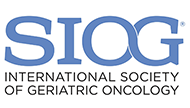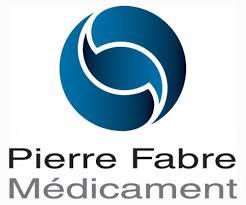PARP inhibitors
Breast and ovarian cancer are common malignancies among older adults, causing significant morbidity and mortality. Although most cases of breast and ovarian cancer are sporadic, a significant proportion is caused by mutations in cancer susceptibility genes, most often breast cancer susceptibility genes (BRCA) 1 and 2. Furthermore, some breast and ovarian tumors are phenotypically similar to those with BRCA mutations, a phenomenon known as “BRCAness”
Adherence to oral cancer therapy
Oral anticancer therapies are increasingly prescribed and their use over parenteral therapy is gaining popularity in elderly cancer patients, despite the concerns for non-adherence. This is mainly driven by potential advantages provided not only to patients but also to healthcare institutions
Oral single-agent chemotherapy in older patients with solid tumours
All cancer patients benefit from the use of active oral chemotherapy, which avoids the often needed venous access devices and allows treatment near to their home, under care by their usual physician in collaboration with appropriate experts. Presently two oral agents are widely used in the treatment of solid tumours, and are capecitabine and vinorelbine. Oral vinorelbine is not available in the USA and any other countries. The oral regimen combination of cyclophosphamide and methotrexate is also used in breast cancer.
Anthracycline cardiotoxicity
Comorbidities and risk factors likely to complicate treatment are common in elderly cancer patients. Anthracyclines remain the cornerstone of first-line therapy for non-Hodgkin’s lymphoma (NHL) and metastatic and early breast cancer but can cause congestive heart failure. Elderly patients are at increased risk of this event and measures to reduce it should be considered.
Evaluation of chemotherapy
The classes of drugs reviewed by the task force in the elderly setting included alkylators, antimetabolites, anthracyclines, taxanes, camptothecins, and epipodophyllotoxines. Data were found to be almost entirely lacking for patients older than 80 years. The conclusions and recommendations made are a consensus of the task force participants.
Adjustment of dosing in elderly cancer patients with renal insufficiency
A SIOG taskforce was formed to discuss best clinical practice for elderly cancer patients with renal insufficiency. This manuscript outlines recommended dosing adjustments for cancer drugs in this population according to renal function. Dosing adjustments have been made for drugs in current use which have recommendations in renal insufficiency and the elderly, focusing on drugs which are renally eliminated or are known to be nephrotoxic.




